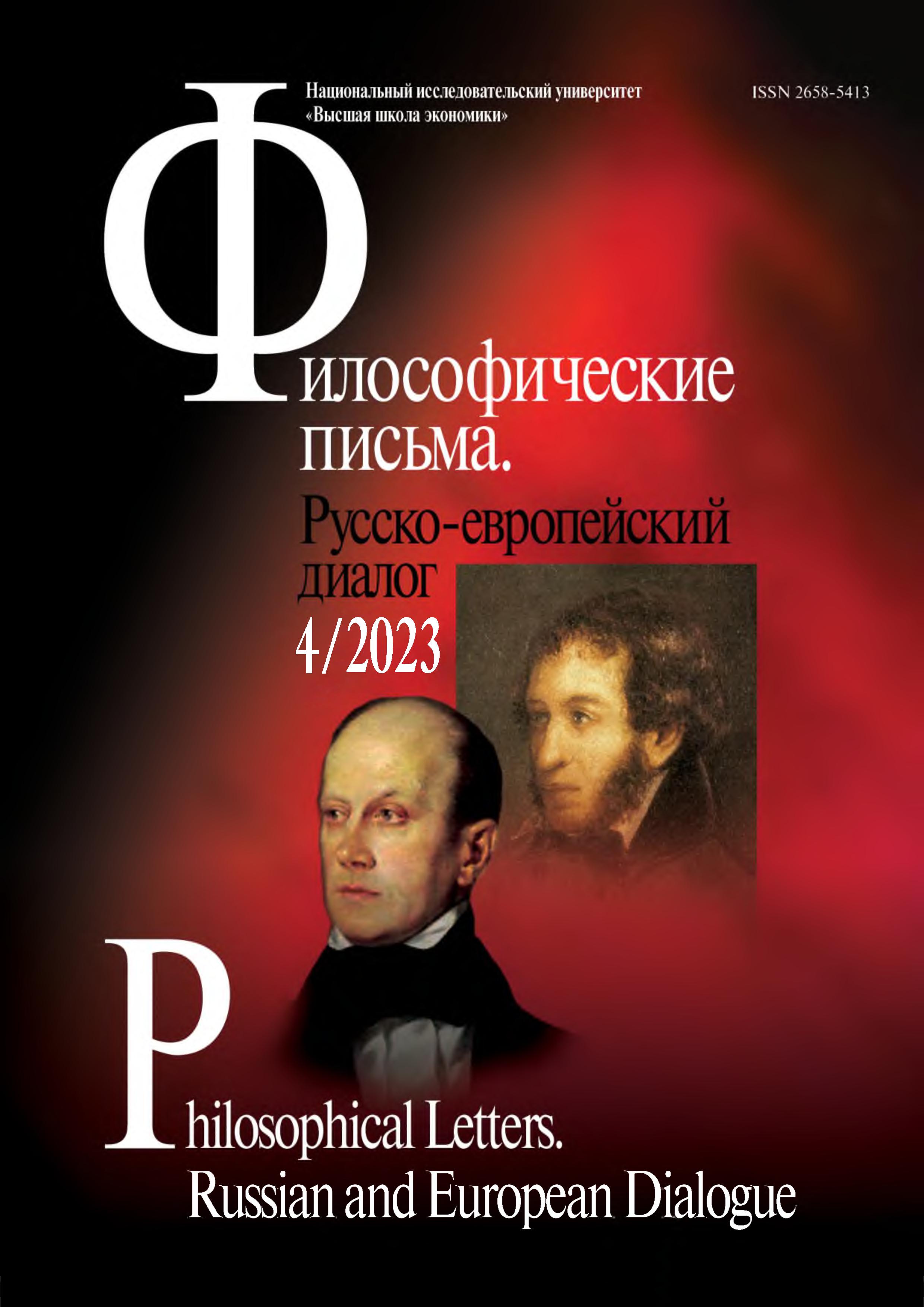Technocracy and the Humanitarian Prospects of the Human Being Future
Abstract
It is shown that modern reality dictates a change in the priorities of humanistic representatives of justice, compassion, sympathy, altruism, etc. to the more pragmatic values of technocracy. A comparative analysis of humanistic approaches to the future of man contained in the works of Academician I. T. Frolov (1929-1999) and technocratic thinking, technocratic culture was carried out. There is a priority in society of economic efficiency, management, technical achievements, substitutability, irresponsibility. Human is considered not as a person, but as an object of manipulation, as a component of the system. As an example of a technocratic approach, the program of the great reset of the world order by K. Schwab is analyzed. One of the reasons for the widespread use of technocratic approaches is the dehumanization of education. The reduction of the humanitarian component of higher education leads to a narrowing of the horizons of students, a simplification of their ideas about the world, culture and human. The necessity of the development by students of knowledge about a person, his place in the natural and social worlds, and interactions with technology is shown.

